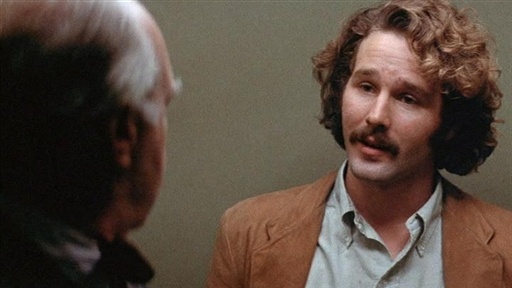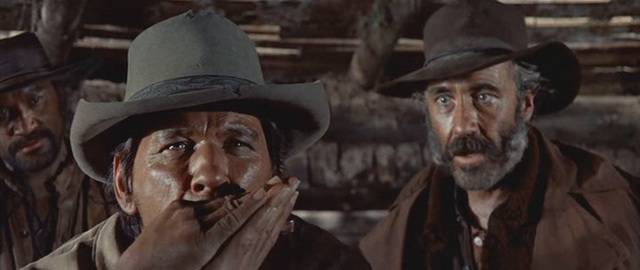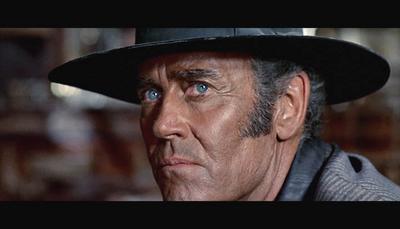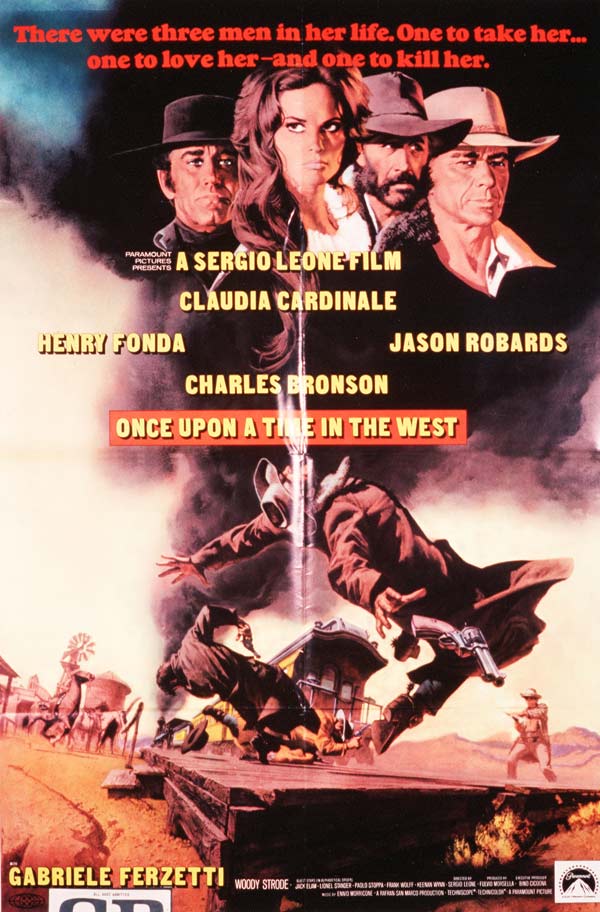
Ambitious politician Walter Chalmers is holding a Senate subcommittee hearing in San Francisco on Organized Crime in America. To improve his political standing, Chalmers hopes to bring down mobster Pete Ross with the aid of key witness Johnny Ross, Pete's brother.
Bullitt takes place the weekend before the hearing, from Friday night (during the opening credits) to Sunday night. Following the theft of $2,000,000, and his escape to San Francisco Johnny is placed in the San Francisco police custody for the weekend. Chalmers requests Lieutenant Frank Bullitt's unit to guard him.
Bullitt, Sergeant Delgetti, and Detective Carl Stanton give Ross around-the-clock protection at the Hotel Daniels, a cheap flophouse near the freeway. Late Saturday night, a pair of hitmen burst into the room and shoot both Inspector Stanton and Ross, seriously wounding them both. Bullitt wants to investigate who shot the pair and find the Mafia boss who ordered the hit. Chalmers attempts to shift blame on to Bullitt and the San Francisco Police Department.

Ross subsequently dies of his wounds. Bullitt suppresses news of the death, asking Doctor Willard to misplace the chart and have the body placed in the morgue under a John Doe. Chalmers arrives at the hospital on Sunday morning and is angered that Ross has disappeared. He is further incensed when he and his police minder Captain Baker receive no help from Bullitt. Chalmers places pressure on Bullitt to produce Ross, to no effect.
Bullitt reconstructs Ross's movements, finding his way to a hotel where he finds a woman registered under the name Dorothy Simmons (Brandy Carroll). With the hearing the next day, Bullitt suspects the dead mobster may not be who he seems. After picking up his Ford Mustang Bullitt is tailed by the two hit-men, resulting in a famous car chase that ultimately kills the hit-men.
Back at the police station, Bullitt is interrogated, and is given until Monday morning to follow his remaining lead. He begins to investigate Simmons, but discovers that she has been murdered. Later, Bullitt and Delgetti learn that Simmons's true identity was Dorothy Rennick, and that the murdered man that they knew as Ross may in fact be her husband, Albert. Bullitt asks immigration for a copy of Mr. Rennick's passport, hoping to prove this theory.
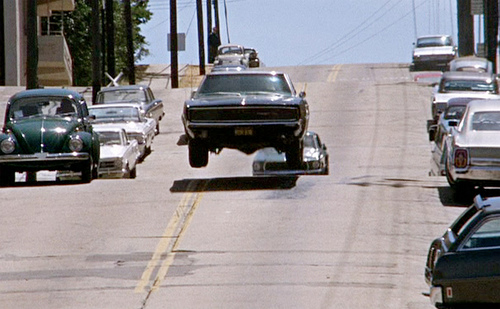
Chalmers arrives at the morgue, demanding, from Bullitt, a signed admission that Ross died while in his custody. Bullitt refuses, producing a copy of the Rennicks' passport photos. Chalmers realizes his mistake upon seeing the couple's true identity: the murdered man was not Johnny Ross, but Albert Rennick. The real Ross set Rennick up in order to escape, then killed Rennick's wife to silence her. Chalmers later tries to smooth things over by offering Bullitt a chance to further his career, which Bullitt refuses on the spot, knowing how Chalmers operates. Based on clues in the Rennicks' luggage, Bullitt follows Ross to the airport, where he discovers the real Johnny Ross and pursues him. A stand-off ensues, with Bullitt eventually shooting and killing Ross.
My first viewing of Bullitt was when I was eleven years young. I was coming home from playing outside when my friend from up the street came over with his brand new VW GTI. I was much younger then this friend. He was actually ten years younger then my parents. The reason I called him a friend is because we both shared the love of cars. I would ride my bike past his house and he be outside with his two seat classic car washing it and detailing it. I loved that car. I always thought it was cool to see him work on it every weekend during the summer. He would take it out for it's usual route around the block and maybe to the store and back. One day he asked if I wanted to be his passenger. His wife always laughed at the car because it was not the hip car to have, but it was a car that actually was pretty cool.

He and I became friends. He told me all about classic muscle cars and also about the wonderful world of European classics. These cars all had a history and lore that would make the car fanatic that I am now. I loved everything about the stories of past cars he had. He even told stories to my father who also shared some of the same history. His VW GTI was a car that was not cool now (or maybe it was) but it was flashy and cool for me. It was quick, it made a unique sound compared to my parents wheels at the time and and was fast around the block. We would go to Lime Rock every year that I knew him. We did this for about six years till he moved away and got divorced. He kept the GTI for a while then bought an Alfa Romeo which I loved to death. It was sad to see him get divorced, and also to not see him again.
In the time I knew him, beside teaching me about cars he taught me about classic films with great cars in them. He told me about
LeMans,
Bullitt and
Grand Prix. All classics in their own way. He always liked
Bullitt because of it's famous chase scene in downtown San Francisco. It was that scene one day when he came over to pick me up my dad and him were watching. I caught the beginning of it on my dad's small TV. My friend telling my father about the time they saw it as a kid. My dad telling me and my friend that he saw it in the drive in. The chase scene was so great that my dad said all the cars at the drive in were stepping on their breaks. The stories they told about this film were great. I had to see it from beginning to end.
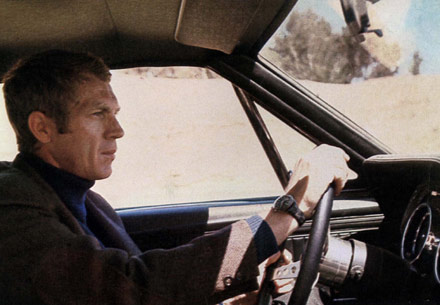
Every moment of the film was exceeding my expectations and I was having a blast reflecting on what makes older films such classic icons. This movie does that. It is part of every American Culture lore. Steve McQueen is in the world of acting one of the great of his time and all other chase scenes will be judged by the one in this film. Every once in a while I try to pick up something new in the film and here and there I do. It's the greatness of using San Fransisco as a character that makes the film. There is a few websites devoted to the areas that this film used and you should check it out.
This is one of my films I tell my friends to watch, so it's old and not new, but you know it's a film that just does a great job for it's time. It's classic beyond words. It's awesome and wonderful to watch and just see the actors play cool like it's no big thing. The music is pretty damn good too. it's the reason I like good movies with great music. I just wish you all could enjoy the pleasure of this film like me. Never saw it in the big screen I would love to see how it would be presented. Watch this and tell me what you think. The 1960's films were great for their time and this one is no different. Enjoy!!


